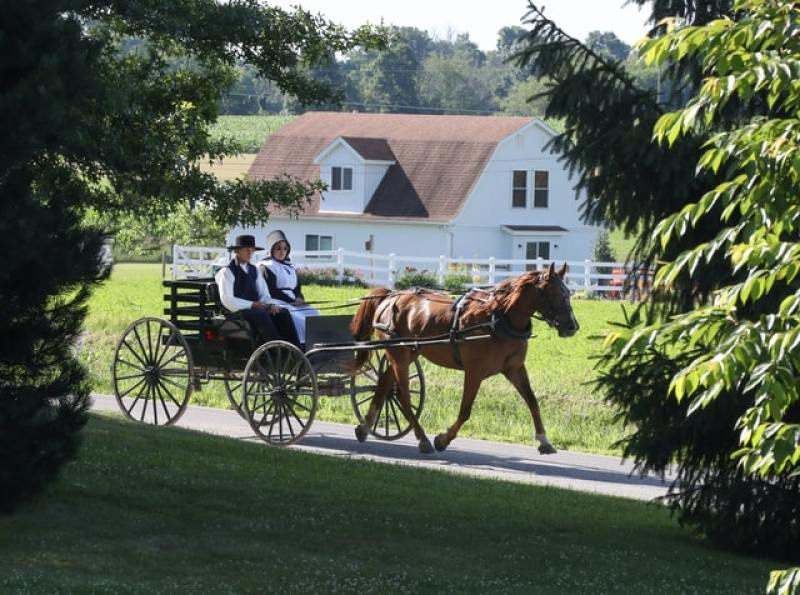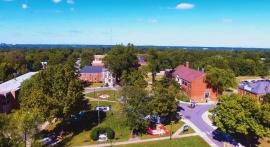
While countries such as the U.S., France, and Australia are implementing sweeping vaccine mandates and COVID restrictions on its people, one Amish community in Lancaster, Pennsylvania has set an example on how to survive a pandemic without such drastic measures. This Amish community carried on with their normal lives for months, even gathering in churches to worship and did not experience a massive COVID outbreak, unlike other cities in the U.S. that implemented restrictions.
According to the Christian Post, investigative journalist Sharyl Attkisson researched the Amish community's response to the coronavirus pandemic and published the results on her news magazine series called "Full Measure." In it, she took a closer look at how significantly different the Amish communities responded to the COVID pandemic compared to the rest of America.
Attkisson described the Amish as a "Christian group that emphasizes the virtuous over the superficial."
"There are three things the Amish don't like: And that's government; they won't get involved in government," Calvin Lapp, an Amish person Attkisson spoke to when she traveled to Lancaster County, explained. "They don't like the public education system; they won't send their children to education. And.. they also don't like the health system."
"Those three things are all part of what COVID is," Lapp posited. Attkisson added that following a brief shutdown in 2020, the "Amish communities chose a unique path that led to COVID-19 tearing through at warp speed." The Amish communities decided to gather for a religious celebration in May 2020, during which they took communion.
Lapp described the Amish communities' communion process as dunking wine into a cup then passing on one cup for everyone to drink out of, saying that if one person had COVID, then he would have spread it to the entire community. He also confirmed that "everybody got coronavirus." But the difference was how they approached it.
"It's a worse thing to quit working than dying. But to shut down and say that we can't go to church, we can't get together with family, we can't see our old people in the hospital, we got to quit working," Lapp mused. "It's going completely against everything that we believe."
In March this year, the Associated Press reported that an estimated 90% of families in the Plain community in Lancaster, Pennsylvania area have since had at least one member of the family infected with COVID and that the Amish community had actually achieved what the entire U.S. could not yet: herd immunity.
Parochial Medical Center administrator and an Old Order Mennonite Allen Hoover explained that COVID, being highly contagious, went "through like a tsunami" in the community.. However, precise data on COVID infections and herd immunity cannot be determined in Amish communities as they are hesitant to provide information on COVID cases in their area.
Steve Nolt, who is an scholar on Amish and Mennonnite culture, explained to Attkisson that sometimes, the Amish folk " refused to go to the hospital, even when they were very sick" because they would then be isolated and prohibited from accepting visitors and loved ones. For them, it was important to "have the ability to have some people around you than to go to the hospital and be isolated."
Attkisson came to the conclusion that "There's no evidence of any more deaths among the Amish than in places that shut down tight. Some claim there were fewer here. That's without masking, staying at home" or getting jabbed with the coronavirus vaccine.























